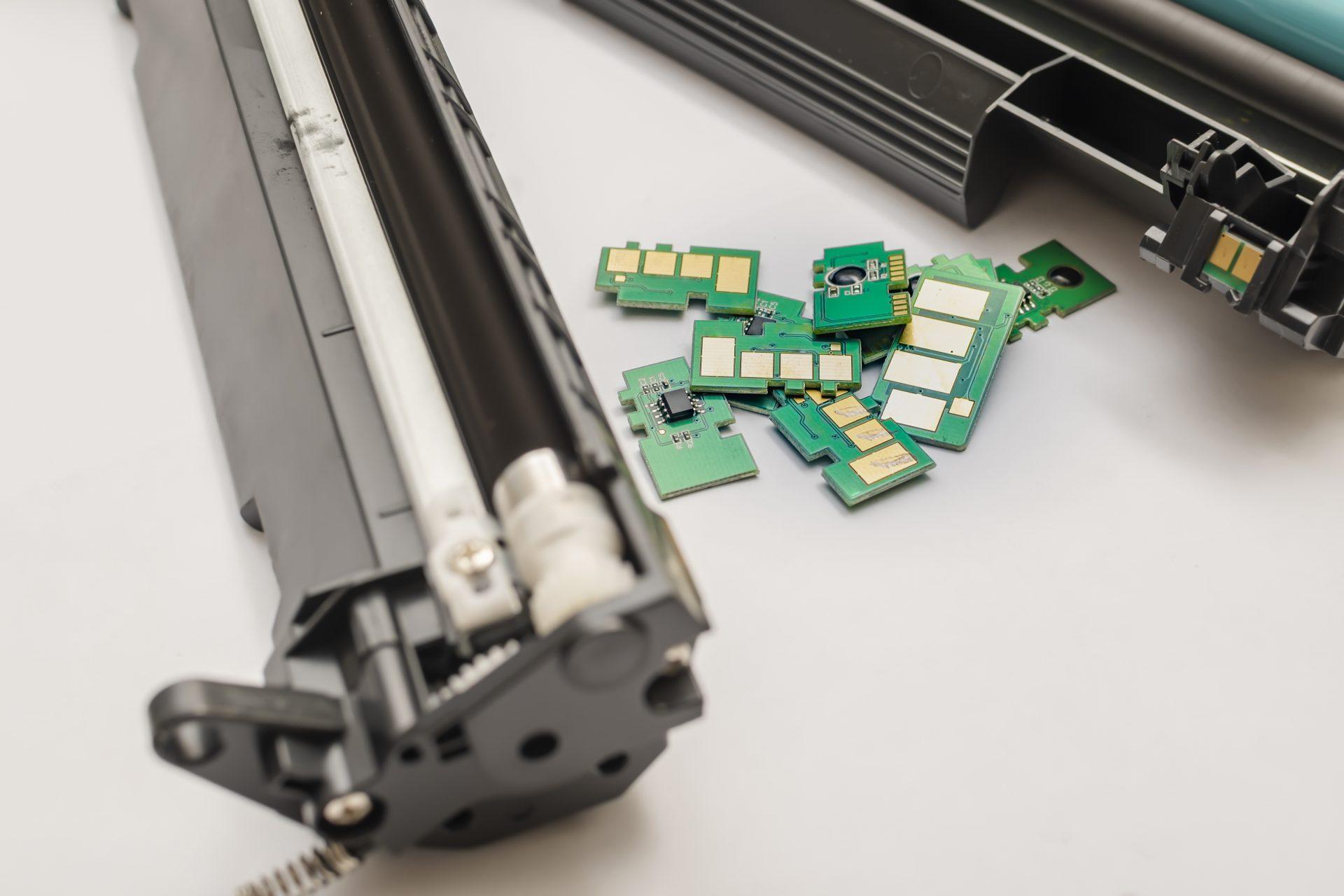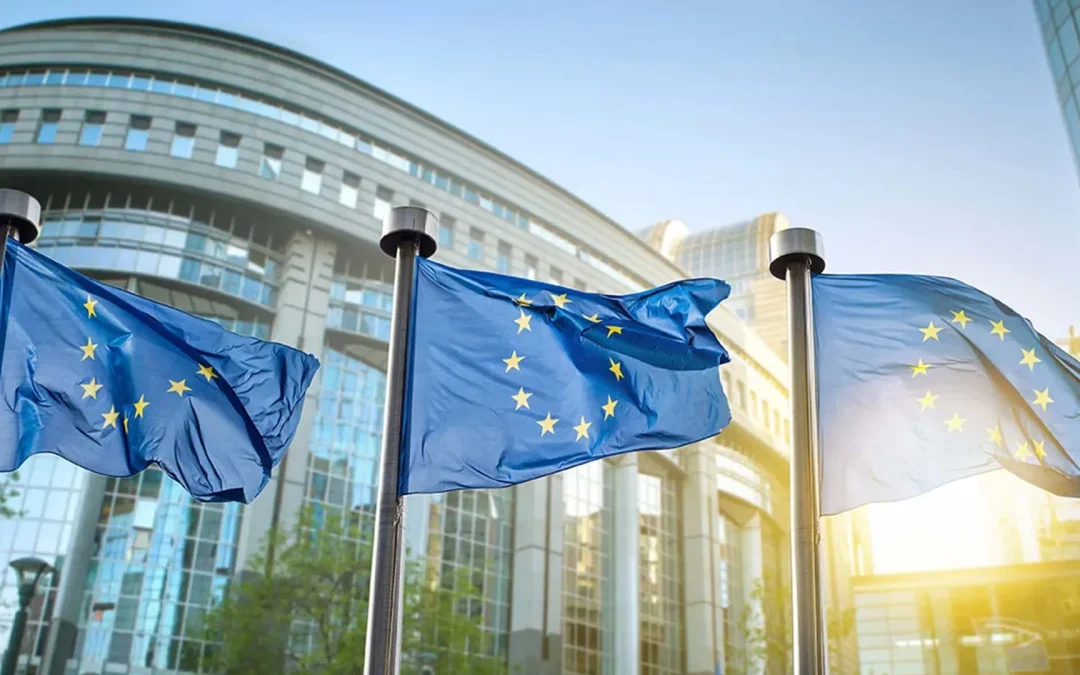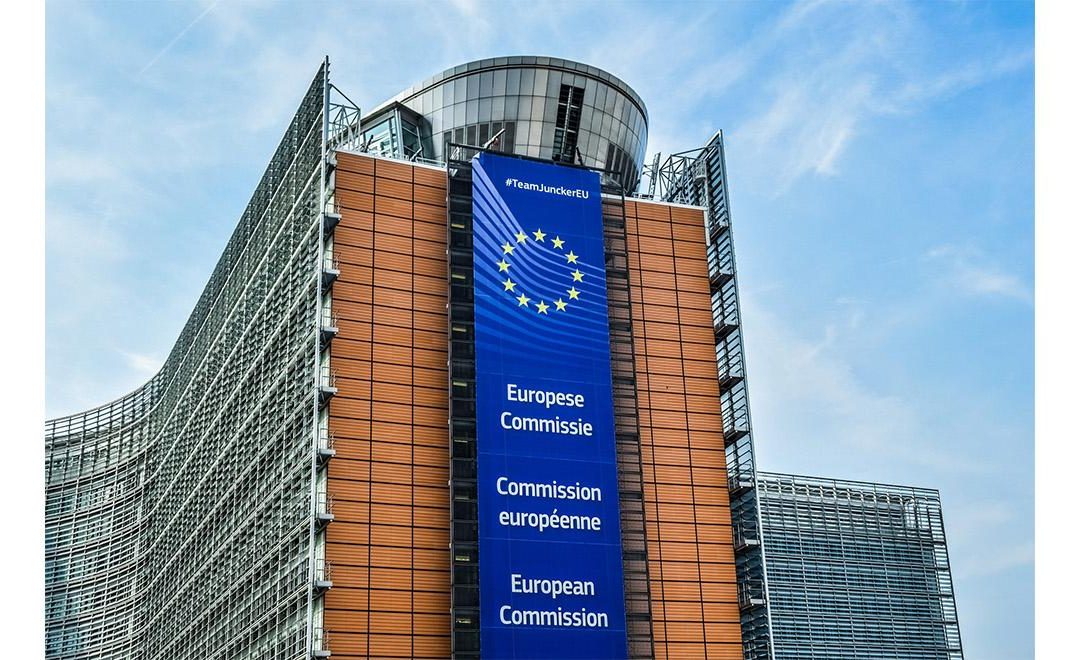You might be forgiven for thinking the EU is interfering at a very basic level about what we eat. But actually, the EU has ambitious plans for a European semiconductor market.
It is not a secret that the world is short of semiconductors, yours truly had to wait nearly six months for the new car to arrive. But it isn’t just cars, the shortages are impacting he production of vehicles, faster internet routers, and in the run up to Christmas, the elusive next generation of games consoles.
In the imaging market, chips are the staple diet (like the pun?) of printers and cartridges. But in today’s world of global digitisation, an unstable semiconductor market will mean industry will struggle to meet the demand.
EU President Ursula von der Leyen in her recent “State of the Union” address said ”Digital is the make-or-break issue.” Where digital spending will overshoot the 20% target. “That reflects the importance of investing in our European tech sovereignty. We have to double down to shape our digital transformation according to our own rules and values.
The key takeaway from the speech was that “there is no digital without chips. But while global demand has exploded, Europe’s share across the entire value chain, from design to manufacturing capacity has shrunk.”
“So this is not just a matter of our competitiveness. This is also a matter of tech sovereignty. So let’s put all of our focus on it. We will present a new European Chips Act.”
The European Chips Act seeks to set a strong geopolitical and economic signal and encouraging Member States to develop industrial and production capacities.
Currently Europe’s main strength is its research capacity with most, if not all, major players dependant of European research. The EU Chips Act should see research continue, but at the same time Europe will develop a collective plan to enhance European production capacity to ensure resilience of the entire supply chain.
The problem with someone coining a name like Elon Musk of Tesla with his giga factories, someone comes along and builds something bigger, like Ninestar’s industrial park, that when finished will make a Tesla giga factory look like a parking lot.
In Europe the Chip Act seems to be more settled on “mega fabs” – with the ability to produce in high volume the most advanced (towards 2nm and below) and energy-efficient semiconductors.
Yet even as this European capacity is not even in the thinking and realisation phase, there is an alternative for the imaging sector that consumes billions of mostly single use chips. A resettable, reusable chip has to be part of the strategy.
Cooperation and partnerships are the key, rather than dependence on a single market. We saw how quickly the market and demand changed at the start of the pandemic, with a too strong reliance on signal sources, here even a simple supply chain issue can lead to catastrophic delays in manufacturing. In his recent blog, EU Commissioner, Thierry Breton, who is responsible for the internal market said: “Semiconductors are at the centre of strong geostrategic interests, and at the core of the global technological race.
Superpowers are keen to secure their supply in the most advanced chips as they are well aware that it will condition their capacity to act (militarily, economically, industrially) and drive digital transformation.
Chips are a strategic component of any industrial chain. The race for the most advanced chips is a race about technological and industrial leadership.”
In the United States the American Chips Act designed to finance the creation of an American research centre to increase the resilience of US semiconductor supply chains. At the same time, Taiwan is positioning itself as a leading semiconductor manufacturing nation. And while export controls rules that prevent technological transfers, China is trying to close the gap.
Can Europe create a new chip ecosystem? Well as von der Leyen reminded everyone. Don’t forget Galileo, the European satellite system that was launched 20 years ago that today provides the “navigation system for more than 2 billion smartphones worldwide.”




















